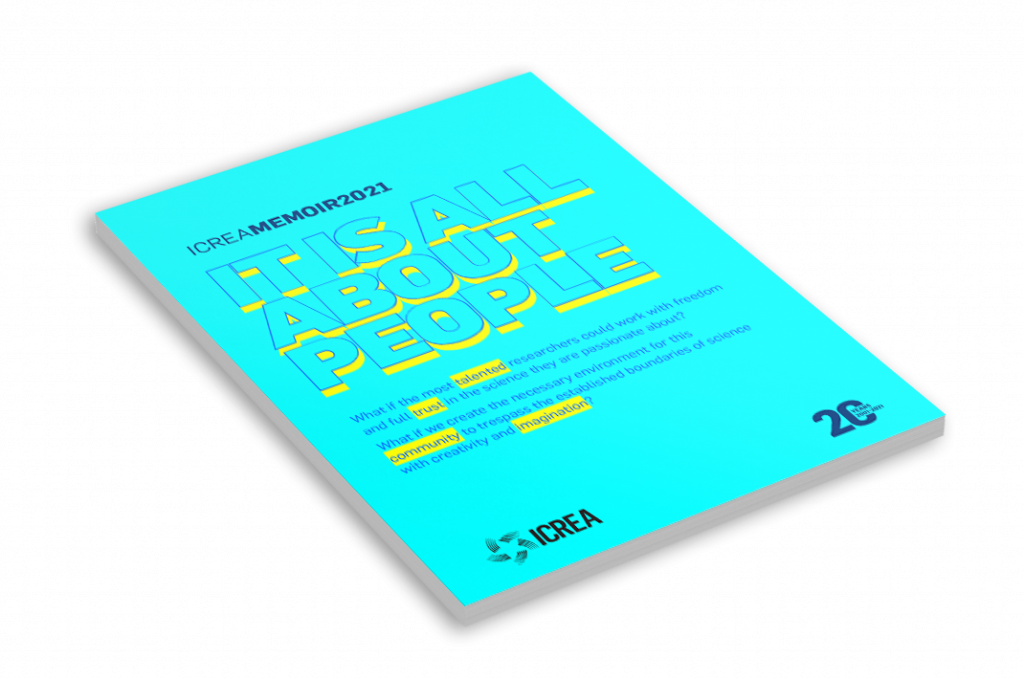Pilar Prieto is an ICREA Research Professor at the Department of Translation and Language Sciences at UPF (Universitat Pompeu Fabra), Barcelona, Catalunya. After obtaining her doctoral degree in Romance Linguistics at the University of Illinois at Urbana-Champaign, she worked as a postdoctoral fellow at Bell Laboratories (Murray Hill, New Jersey), where she continued working on the linguistic meaning of prosody across languages. Since 2008 she coordinates the "Prosodic Studies Group" at the Department of Translation and Language Sciences, Universitat Pompeu Fabra.


